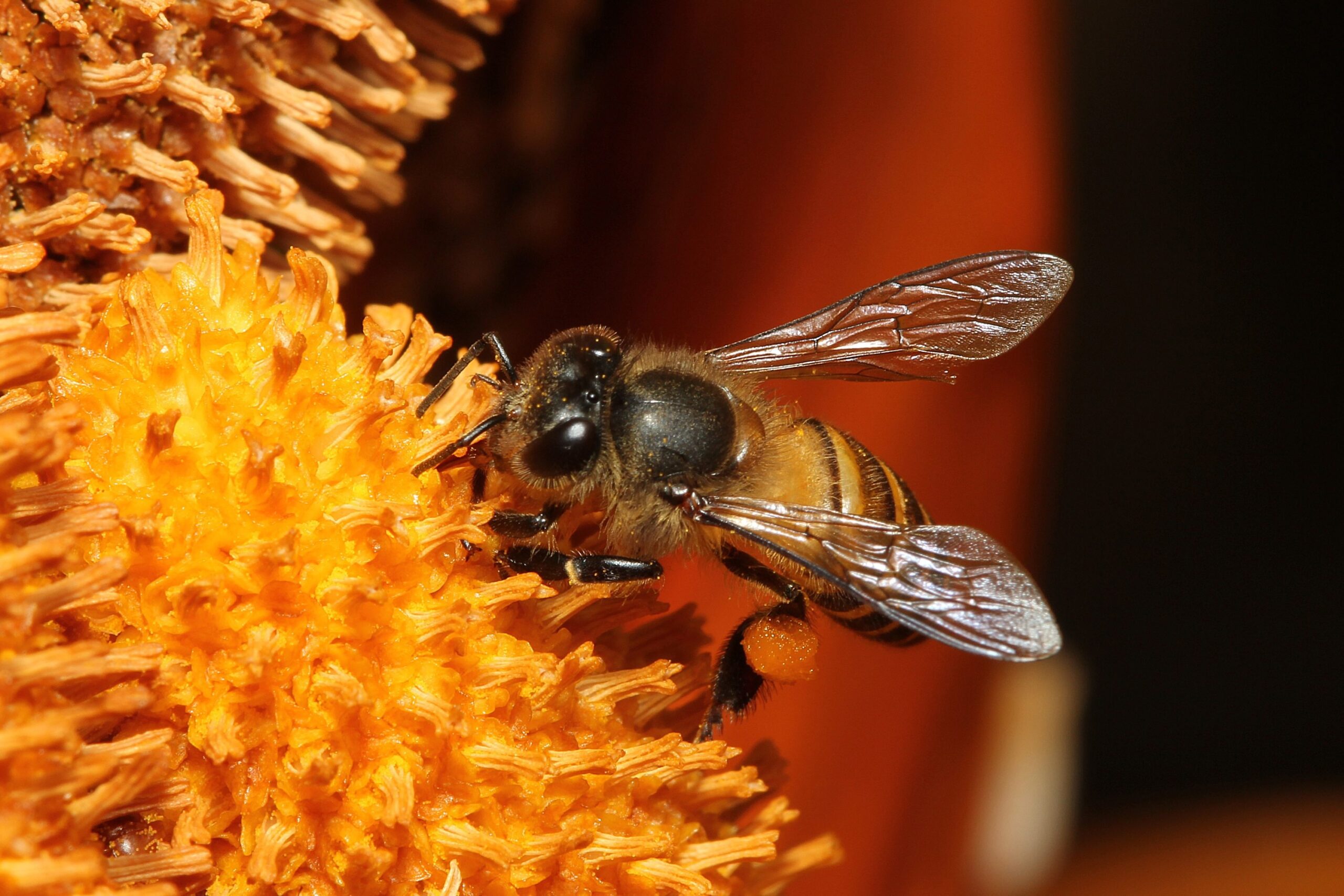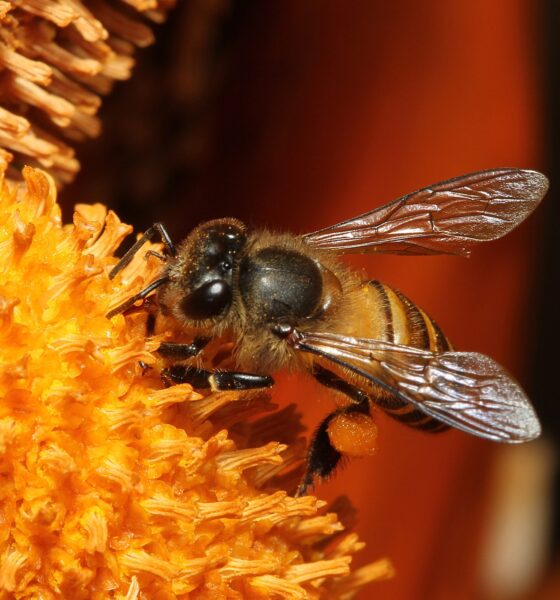

Environment
Researchers use bees to assess health of rural landscapes
Honeybees’ foraging preferences can provide valuable information for governments about how to manage rural landscapes, according to researchers from the University of Sussex.
The research, published in Current Biology, looked at the bees’ ‘waggle dance’ and identified which areas were a source of rich pollen and nectar. The waggle dance is a unique behaviour found only in honeybees. A bee collecting from a profitable patch of flowers will dance upon returning to the hive to tell her nestmates where the good food is located.
By decoding the dance, researchers were able to establish that areas of rural lands under a higher level of Agri-Environment Schemes (AES) were richer in pollen and nectar than any other land type, including urban areas and rural land not under AES.
In the last two decades, the European Union has spent €41 billion (£33bn) on AES, which aims to improve the rural landscape health by implementing changes, such as the creation of areas for wildlife around crop fields. There are different levels of AES, although few studies exist evaluating how wildlife responds to the schemes.
As a result, this research could provide valuable information about where the money is having the biggest benefits.
Lead research Dr Margaret Couvillon said, “Usually efforts to help wildlife take two approaches. One is to set aside important areas like National Parks or National Nature Reserves. Another approach is to make existing areas more wildlife friendly, like the Agri-Environment Schemes.
“Here we have let the bees tell us which practices and what areas are good for them. The honey bee is acting as an ‘indicator’ species pointing to ‘healthy landscapes’. Because the honey bee is a generalist forager, landscapes used by honey bees are good for a wide range of pollinators.”
Paul de Zylva, senior nature campaigner at Friends of the Earth, said, “This extraordinary study decodes bees’ dance to show they prefer to visit fields that are farmed and managed to high environmental standards. Sadly, such fields and areas are under threat in our increasingly pressurised countryside.
“The government, which is in the middle of reforming farm subsidies and drafting a National Bee Action Plan, must take note by directing support to farmers who raise the environmental quality of their land.”
Photo: santscho via Freeimages
Further reading:
Pollen collected by European bees contaminated with pesticides
Monmouthshire to plant wild flowers to help bees
Banned pesticides highly likely to cause bee colony collapse, says Harvard study
Government urged to strengthen pollinator strategy to protect bees
Banned pesticide interferes with bees’ ability to gather food


 Environment12 months ago
Environment12 months agoAre Polymer Banknotes: an Eco-Friendly Trend or a Groundswell?

 Features11 months ago
Features11 months agoEco-Friendly Cryptocurrencies: Sustainable Investment Choices

 Features12 months ago
Features12 months agoEco-Friendly Crypto Traders Must Find the Right Exchange

 Energy11 months ago
Energy11 months agoThe Growing Role of Solar Panels in Ireland’s Energy Future




























